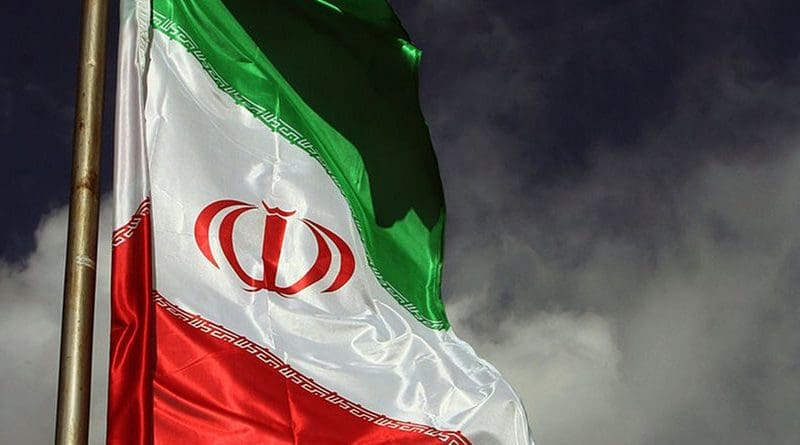How Ukraine Crisis Might Impact Iran Nuclear Deal Talks – OpEd
By Arab News
By Dalia Al-Aqidi *
Although the whole world is preoccupied with the Russian invasion of Ukraine and what the possible outcome of this crisis might be, the international talks to revive the Iran nuclear deal, known as the Joint Comprehensive Plan of Action, are still on the US State Department’s agenda.
Former chairman of the Iranian parliament’s national security committee, Heshmatollah Falahatpisheh, on Friday expressed cautious optimism that the Ukraine crisis might speed up a nuclear agreement, according to the Persian-language daily newspaper Aftab News.
“Although I am pessimistic about the long shadow of the war on the JCPOA talks, but I still believe that Putin’s attack on Ukraine might lead to a willingness in the West to bring talks with Iran to a conclusion,” Falahatpisheh said. He pointed to two reasons for his thinking: That the US and its European allies do not want to see Iran fall further into the Russian orbit and their desire to end Moscow’s influence on the negotiations.
However, EU Political Director Enrique Mora, who is coordinating the Vienna talks, does not share Falahatpisheh’s point of view. He tweeted last week that the Vienna talks had reached a critical moment. “We are nearing the end after ten months of negotiations. The result is still uncertain. Key issues need to be fixed. But all delegations are fully engaged. Intense work,” he wrote.
Even the chaperone of the 2015 JCPOA, US envoy Rob Malley, has expressed on several occasions his skepticism that a new nuclear deal with Iran is imminent.
A senior US official last week described the statements from Iranian officials and some European negotiators implying that a deal could be reached within days as “very premature speculations,” according to Axios’ Barak Ravid. “There is very little time left to resolve the remaining issues given the pace of Iran’s nuclear advances and what it means for the viability of the JCPOA. Until these issues are dealt with, there is no deal,” the official said.
So far, all US officials have declined to name the sticking points, but it seems that both sides are trying to gain leverage over the other. Washington has indirectly threatened Tehran with the possibility of restoring the terror designation of its proxy in Yemen, the Houthi group, while Tehran understands the Biden administration’s vital need to revive the deal for political gain.
The White House last month announced that President Joe Biden was considering redesignating the Houthis as a terrorist organization, along with issuing sanctions against an international business network that funds the group.
However, Biden refuses to acknowledge that restoring the Houthis and its leaders’ terror designation is essential to protecting the interests of the US and its close allies in the region, despite the many calls urging him to do so. If the sanctions on the Houthis are renewed and aggressively pursued, the group’s operational capabilities and funds would be limited.
The sanctions that were last week issued against the international business network that funds the Houthis sent a message to Tehran that it is indeed a quid pro quo. A statement issued by Secretary of State Antony Blinken indicated that the sanctions were closely coordinated with Gulf partners as a response to Houthi terrorist attacks targeting civilian sites in Saudi Arabia and the UAE.
Meanwhile, a letter was sent to the president by 17 bipartisan members of Congress, pushing Biden to urgently redesignate the Houthis as part of the global war on terrorism. This initiative was countered by Democratic Sen. Chris Murphy, who is known for his close ties to the Iranian regime, and 11 of his party colleagues. They warned Biden against putting the Houthis back on America’s terrorist list.
Pressed for time, the battle is heating up under the roof of the US Congress’s two legislative chambers over the way to treat the Iranian regime. Earlier this month, another letter was sent to the White House by more than 160 House Republicans denouncing the 2015 nuclear agreement and demanding that congressional approval should be obtained prior to any future international agreement.
One can only hope that the US left wing will learn this lesson about Iran: Once an oppressor, always an oppressor.
• Dalia Al-Aqidi is Senior Fellow at the Center for Security Policy. Twitter: @DaliaAlAqidi

